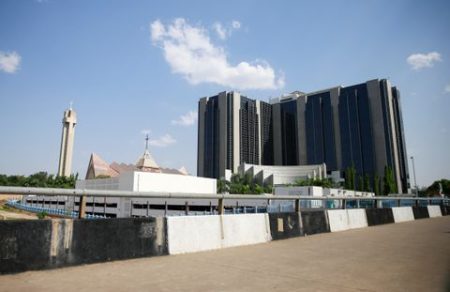04 August 2012, Sweetcrude, Port Harcourt – The word was Ochlocracy: this word meant in its simplest form, the government of a mass of people or the rule of the general populace. It soon fell prey to the manipulations of its victims, the aristocracy who labelled it as “the intimidation of legitimate authorities” or “the rule of passion over reason.” Although some have argued that Ochlocracy is democracy, those who are more sophisticated in the dialectics of politics, insist that Ochlocracy is the majoritarianism that may be likened to the situation contemplated by the Latin phrase, mobile vulgus, or
“the fickle crowd.” But if indeed democracy permits the rule of the passionate majority over the reasonable minority, why should anybody question the legitimacy of such a situation? This is neither the place nor time for a discourse on lost causes but it is definitely the time for the re-visitation of the authorities of the people over the commonwealth of the people.
Between November and December 1929, the women of Aba took to the streets, not only of Aba but to the Provincial Headquarters of Calabar and Owerri, to protest the planned implementation of a regime of taxes by the Colonial Government that would have undermined their profitability and survival as traders as well as the excesses of the Warrant Chiefs. Deploying the power that accrued to their numbers (up to 25,000 Igbo women were involved) the women broke into prisons and freed prisoners. Although about fifty women died when soldiers shot live bullets into their ranks, the planned taxes were jettisoned and several warrant chiefs resigned their positions. History records
the events of that month of war as the Aba Women’s Riot.
This country is at the brink of failure; the national government appears clueless about the crusade launched against the entire country by Boko Haram; there is resurgent militancy in the Niger Delta; the oil theft in the creeks of the Niger Delta compete with the organised production of the Joint Venture Partners; the National Assembly which should make laws for the good government of this country has been infiltrated by thieves, desperate blackmailers and religious bigots; everyday criminals are escaping justice because the EFCC insists on a policy of retaining incompetent lawyers to prosecute high crime; Nigerians now joke openly about the total breakdown of the Rule of the Law. It took less stimulation for the mob of Rome to deny the Rulers of the Empire between 56 BC and 50BC their false sense of security and general well being. Again it took less provocation for the Aba Women to speak out clearly and convincingly.
Late in 2010, a young Tunisian, Mohamed Bouazizi set himself on fire after he had been banned from selling fruits in public, his source of income. It was this singular act that brought about the ochlocratic unity in the Arab World that led to political changes in Tunisia, Egypt, Libya and other Arab countries. Western scholars had always classified the peoples of the Far East, the Balkan Region and the Middle East as lethargic and as governable only by force but the events in the Middle East have shown that Arabs can die as much for the tenets of democracy as for the protection of their Islamic heritage.
Let Nigerians rise up in one voice to condemn the excesses of the National Assembly, let Nigerians join hands in sweeping away corrupt governments at all levels, let us together take an inventory of all the factors that have undermined our progress as a country and jointly remove them for our common good or forever keep mute and enjoy the disadvantages of keeping mute in the face of tyranny.
JOHN IYENE OWUBOKIRI




